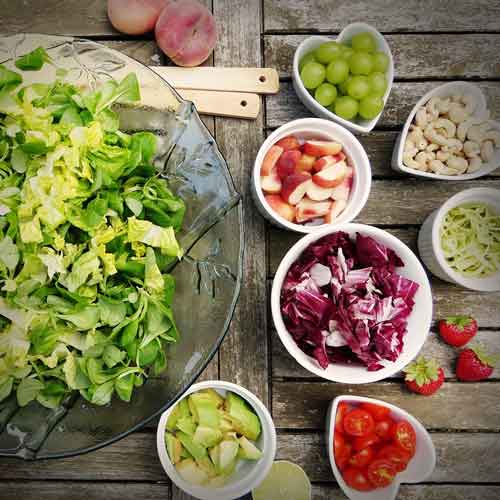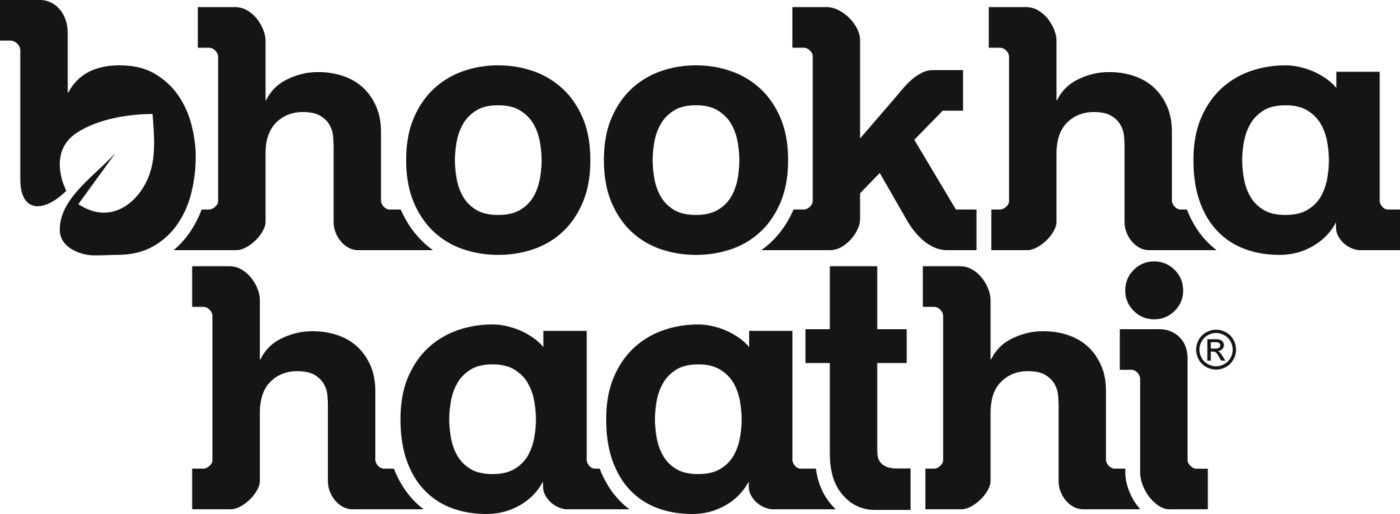
There are several reasons why one can choose to convert to veganism. It could be biological, like having simply being intolerant to certain food groups, or maybe it runs deeper – and has to do with ethics, morals, and compassion for the environment.
In a broader sense, veganism is a practice that attempts at doing away with all types of cruelty and exploitation of animals, including animal food products and clothing.
If executed well, a vegan diet has a host of benefits, such as a smaller waist, regulated blood sugar levels, improved bowel movements and kidney function, as well as relief from joint pain caused due to arthritis.
Helps in weight loss, lowering blood sugar and type 2 diabetes
Vegans tend to have a lower BMI than people who follow non-restrictive diets. This can be associated with weight-loss and is a coercing factor for people to switch to a vegan diet.
The fact that it focuses its nutrition on fresh fruits and vegetables that are packed with fiber (and impart a sense of fullness leading to lower consumption of calories) is also a factor.
Research shows that people who follow vegan diets have lower blood sugar levels and increased insulin sensitivity. Vegans are also reported to be at a lower risk of contracting type 2 diabetes.
Few more health benefits of following a vegan diet
- Lowered risk of cancer
When researchers asked nearly 70,000 volunteers about their diets, then tracked them over time, they found lower cancer rates among people who didn’t eat meat at all. In fact, vegans — those who don’t eat any animal products including fish, dairy or eggs — appeared to have the lowest rates of cancer of any diet
- Lowered risk of Arthritis
A plant-based diet will give you plenty of vegetables, fruits, and whole grains. Nutrients in these foods may help ease inflammation and fight RA pain. One small study found that 4 weeks on a low-fat vegan diet improved RA joint pain, stiffness, and swelling.
- Improved kidney function
Vegetarian diets may help slow down the progression of kidney disease without compromising nutritional needs.
Types of vegan diets
- Whole foods: this type of diet is based on the consumption of whole plant and plant parts, like fruits, vegetables, grains, pulses, seeds, and nuts.
- Raw foods: those who follow this diet consume raw fruits, vegetables, legumes, nuts, seeds, or grains – these may be cooked at a temperature below 50 degrees celsius.
- 80/10/10: this diet is also referred to as the low-fat or fruitarian vegan diet as it limits the consumption of fatty plant products such as nuts and avocados and relies instead on soft vegetable greens and fruits.
- Starch solution: this is similar to the 80/10/10 vegan diet, except that it focuses mainly on cooked starchy products like potatoes, rice, and cereal instead of fruit.
- Raw till 4: inspired by the 80/10/10 diet, raw foods such as fruits are consumed until 4 pm, after which there is an option to consume a plant-based dinner that can be cooked.
- Junk foods: this diet lacks in whole plant and plant-based products and instead, relies heavily on highly processed vegan foods such as mock meats, cheeses, and desserts.
Foods that you can eat as a vegan
There are many substitutes for an otherwise animal-based diet. Tofu is a great source of proteins and can act as an alternative to poultry, fish, and the various types of cheeses.
Additionally, you can also include a generous serving of legumes in your meal for protein supplementation.
Nuts, nut butters, and seeds contain good amounts of healthy fats, minerals, and vitamins that are essential to bodily functions.
There are several calcium-fortified foods such as kale, spinach, and certain store-bought plant milk that compensate for the elimination of dairy products in a vegan diet.
Whole grains and cereals are a great source of many minerals and vitamins such as iron, B-vitamins, and also fiber.
Of course, fruits and vegetables are the quintessential components to a vegan diet – don’t forget to hydrate yourself, either!
Supplements that may be required
A common concern for most of those who choose to adopt a vegan diet is if they are receiving an adequate amount of nutrition as many food groups are eliminated. To ease such concerns and to be on the safer side, here are a few supplements that you can consider taking to ensure your body does not miss out on any essential micronutrients.
- Vitamin B12
- Vitamin D
- Docosahexaenoic acid (DHA)
- Iron
- Iodine
- Calcium
- Zinc
Bhookha Haathi’s offerings are 100% natural and vegan compositions that do not contain any harmful additives or colourings. Based on dried fruits, nuts, herbs, spices, seeds and grains, among other whole and natural ingredients, they are packed with nutrients essential for all bodily functions.
Written by: Jahnabee Adhikari
Jahnabee is a part-time blogger, full-time dog lover. She believes that writing actually possesses the potential to change the world. She can be often found fantasizing about poetry or buried nose-deep in a Sudha Murthy novel.



This article is a source of inspiration, I recommend it.